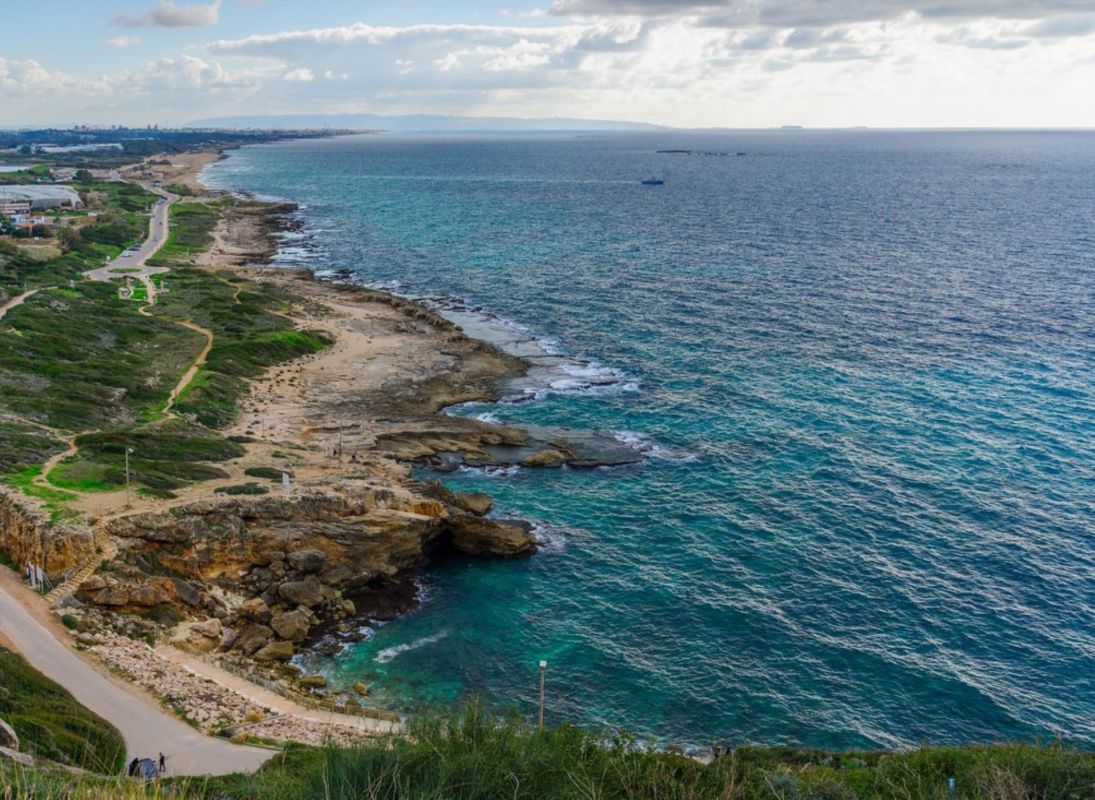A recent discovery in the East Mediterranean has raised concerns that an invasive species has made its way into the region.
What happened?
The Media Line reported that Israeli marine researchers from the University of Haifa found a type of coral, Dendronephthya, about 46 yards deep off the coast of the village of Sdot Yam. Dendronephthya is commonly found only in the Red Sea, so the university said that this "discovery suggests the migration of an alien species."
How the coral traveled to the East Mediterranean is yet to be determined, but The Media Line suggested, "It is likely that this coral arrived from the Red Sea through the Suez Canal, as part of the well-documented Lessepsian migration."
Why is this concerning?
An invasive species is any organism that's introduced to a foreign area that can cause harm to the environment or human health.
In this case, the arrival of Dendronephthya to the Mediterranean presents potential risks to the rest of the local ecosystem. The Medial Line noted that "researchers warn that due to the rapid attachment and growth capabilities of this coral type, it is expected to spread rapidly and become increasingly common across the Mediterranean Sea."
Per The Times of Israel, the researchers also added that if this coral was to continue growing in abundance in the Mediterranean, it could lead to the species of crab with which it lives symbiotically in the Red Sea following it and establishing a presence as well.
Also, the presence of Dendronephthya is an indication that the Mediterranean Sea has been affected by the Earth's changing climate. In the past, the cooler waters of the Mediterranean provided a natural barrier against the arrival of tropical corals.
"Until now, the low temperatures in the Mediterranean Sea during winter prevented tropical corals from entering the area," Hagai Nativ, a research student from Haifa University's Charney School of Marine Sciences, told The Times of Israel. "The presence of Dendronephthya suggests that at least last winter, the water in the Mediterranean Sea was warmer than in the past."
What's being done about it?
Unfortunately, more research is needed to determine the effects Dendronephthya will have on the region.
"It is still too early to predict the ramifications of the specific coral species we found," Nativ said, "but the finding provides further evidence that the natural barriers between the Mediterranean and the Red Sea are disappearing due to climate changes."
While the researchers are currently unable to predict what changes the arrival of Dendronephthya will bring, they were steadfast in their warning.
"But in a complex system such as the marine ecosystem, even a small change can spark a chain reaction that leads to major change," they wrote.
Join our free newsletter for weekly updates on the coolest innovations improving our lives and saving our planet.









